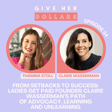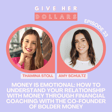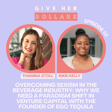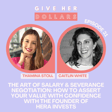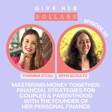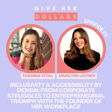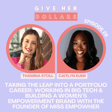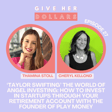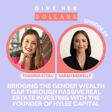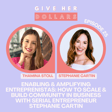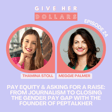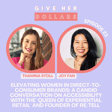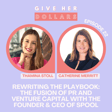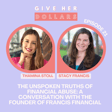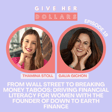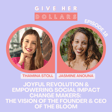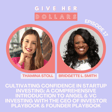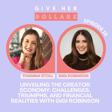
Venture Capital’s Blind Spot: Why Women of Color are the VC World's Untapped Goldmine with the Founder of Seed to Harvest
Update: I recently launched my newsletter, The Sheconomist, and would love for you to subscribe: sheconomist.com - I share so many tools and resources that help young, high-achieving women with radical money and career self-advocacy.
----
This week, we sit down with the remarkable Victoria Kennedy, Founder & General Partner at Seed to Harvest Ventures, a Venture Capital fund passionately advocating for women of color founders at the pre-seed and seed stages, ensuring their voices are heard even when they are not in the room.
Victoria sheds light on the alarming statistics regarding Black female startup founders' access to venture capital, underlining the urgent need for change. With only 0.34 percent of total venture capital invested in Black female founders in the first half of 2021, the disparities are stark.
Seed to Harvest's unique mission centers on investing in products and companies developed by and for women of color. Victoria emphasizes that historically overlooked individuals bring a fresh perspective, which can lead to innovative solutions for underserved markets. Women of color are poised to become the next billion dollar consumers, holding significant purchasing power, making them an exciting investment opportunity.
Victoria shares her insights into creative fundraising strategies and underscores the importance of mental health, dismantling limiting narratives and building a comprehensive support network to thrive in this demanding industry.
